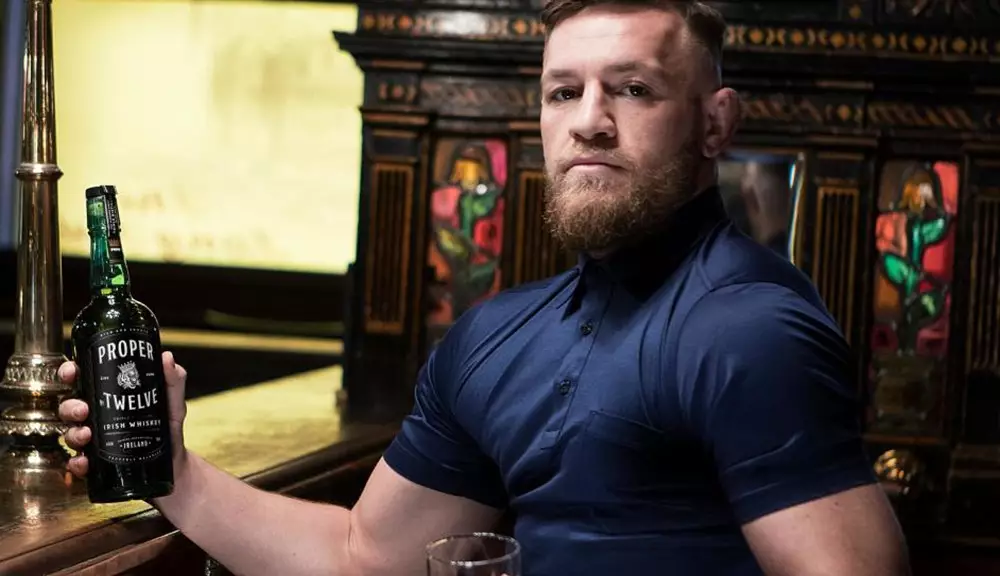In a significant shift within the world of sports and brand endorsements, Proper Twelve Irish Whiskey has severed its association with Conor McGregor, a move that reflects the complexities surrounding celebrity endorsements in the face of legal challenges. Proximo Spirits, the parent company of the whiskey brand, made this announcement following a jury ruling which found McGregor liable for a 2018 sexual assault incident, effectively removing McGregor’s name and likeness from future marketing initiatives. This decision has garnered extensive media attention, as it intertwines the realms of sports and moral accountability.
The decision to part ways with McGregor underscores the growing expectation for brands to take a stand against behaviors that could harm their public image. Proximo Spirits, owning 100% of Proper Twelve since 2021, highlighted its commitment to distancing itself from such controversies following the jury’s decision, which ordered McGregor to pay approximately $260,000 to the victim, Nikita Hand. Hand’s testimony revealed a deeply troubling narrative where she was allegedly assaulted while incapacitated, thrusting McGregor into a legal and ethical maelstrom that repercussions for his career and reputation.
The jury’s ruling is particularly significant as it not only impacts McGregor but also signals to the sports and entertainment industries the potential consequences of associating with controversial figures. As more details regarding this incident surfaced, public sentiment has increasingly favored accountability, challenging brands to reconsider their partnerships.
McGregor’s fall from grace also extends beyond Proper Twelve, evident in other corporate actions. A mere day after Proximo’s announcement, IO Interactive, known for its acclaimed video game series “Hitman”, declared it would no longer feature him as a purchasable character within the game. This indicates a wider trend where businesses are willing to reassess their ties to individuals embroiled in serious allegations, considering both the potential backlash from consumers and the ethical implications of their associations.
The silence from the UFC, McGregor’s longstanding employer, adds another layer of complexity. The organization has historically stood behind its fighters, but the gravity of the recent ruling presents a challenging dilemma. The response—or lack thereof— from the UFC may influence how fans perceive both McGregor and the organization itself, particularly in light of the increasing public demand for accountability in professional sports.
As the dust settles on this dramatic shift in McGregor’s branding saga, it prompts a necessary conversation regarding celebrity accountability, especially in industries deeply integrated with fan culture. The ramifications for McGregor emphasize a moment of reckoning not only for him personally but also for the corporate entities that choose to associate with individuals whose actions may eventually tarnish their reputation. The narrative surrounding Proper Twelve and McGregor will serve as a cautionary tale moving forward, encouraging brands to engage in thorough due diligence when selecting ambassadors who align not just with marketability, but also with societal values and ethics.

